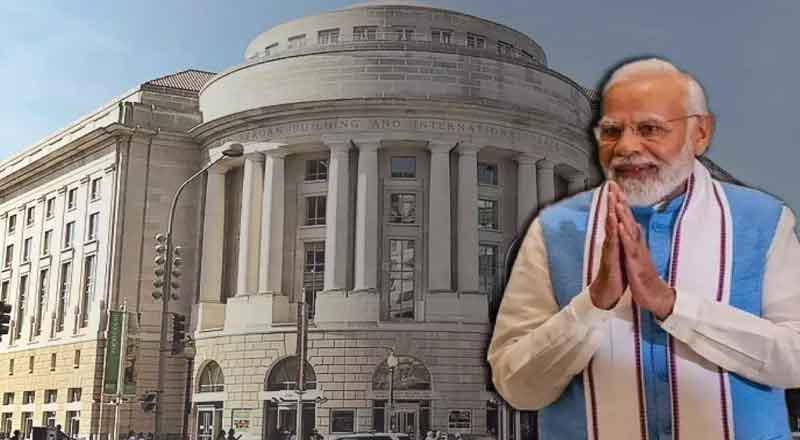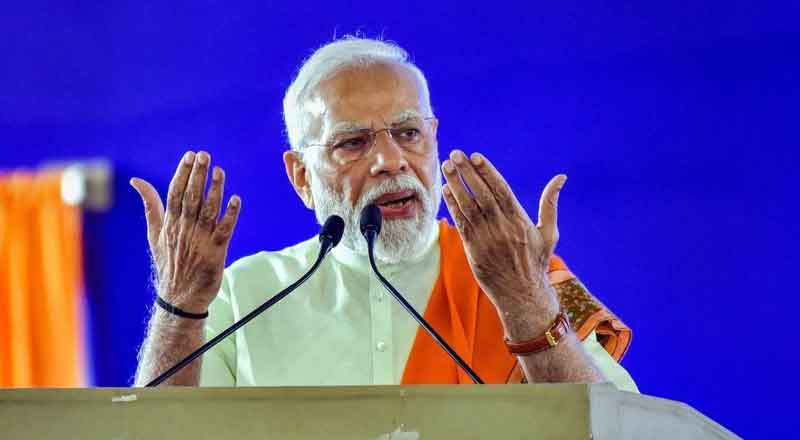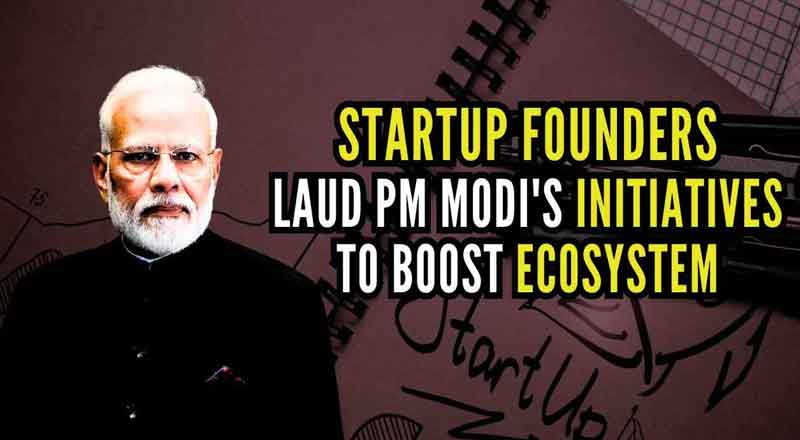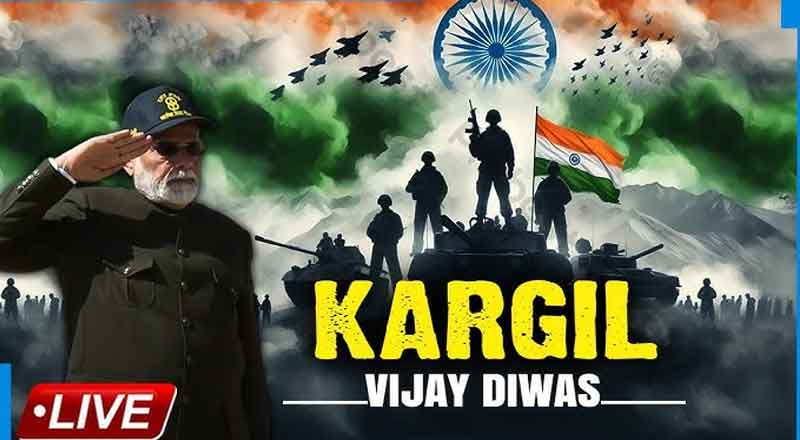- Senior White House official John Kirby on Monday said that the United States was “grateful” to Prime Minister Narendra Modi for a successful G20 presidency.
- Kirby said that there was a great deal of work done in the recent G20 Summit in India and said that Biden left Delhi feeling “very positive and optimistic”.
- Kirby mentioned that a lot of challenges for the countries of the Global South have been exacerbated by the Russian invasion of Ukraine.
- PM Modi, Biden, and Saudi Arabia Crown Prince Mohammed bin Salman among other leaders jointly announced the India-UAE-Europe Economic Corridor (IMEC) including railways and shipping links to boost economic activity in the region.
Senior White House official John Kirby on Monday said that the United States was “grateful” to Prime Minister Narendra Modi for a successful G20 presidency and that President Joe Biden felt very “positive and optimistic” after his return from New Delhi.
“there was an awful lot of great work done at the G20 and we’re all grateful to Prime Minister Modi for his presidency, for India’s presidency of it, but also for the way the agenda was executed,” said Kirby, the US National Security Council (NSC) Coordinator for Strategic Communications in response to a query by news agency. He further commented that G20 Summit under India’s presidency with global leaders was a “very productive couple of days”. His remarks came on the sidelines of the high-profile 78th session of the UN General Assembly, where Biden is scheduled to make an address.
Kirby also said that there were no bilateral discussions between Biden and the Indian delegation on the agenda this week. Additionally, Biden will speak about the Global South and how the US had made efforts focusing on the health, economy, food security concerns, investment, and infrastructural needs of developing countries.
Kirby mentioned that a lot of challenges for the countries of the Global South have been exacerbated by the Russian invasion of Ukraine. And now they have, of course, just recently decided not to extend the Black Sea Grain Initiative. So, who’s going to pay the highest cost of that? Obviously, the Ukrainian people continue to pay the highest cost, but it will also be borne by lower- and middle-income countries in the Global South,” he said.
The G20 Annual Summit began on September 9 and concluded on September 10, Sunday. The event took place in the attendance of various world leaders including UK Prime Minister Rishi Sunak, Australian Prime Minister Anthony Albanese, and Bangladesh PM Sheikh Hasina among others. One of India’s most prominent diplomatic victories was the adoption of the G20 New Delhi Leaders’ Declaration, wherein a 100% consensus was achieved among world leaders amid differences in opinion over the Russia-Ukraine war.
Furthermore, PM Modi, Biden, and Saudi Arabia Crown Prince Mohammed bin Salman among other leaders jointly announced the India-UAE-Europe Economic Corridor (IMEC) including railways and shipping links to boost economic activity in the region, and also as an alternative to China’s Belt and Road Initiative (BRI). The IMEC will comprise two separate corridors, the east corridor connecting India to the Arabian Gulf and the northern corridor connecting the Arabian Gulf to Europe.
It will include a railway that, upon completion, will provide a reliable and cost-effective cross-border ship-to-rail transit network to supplement existing maritime and road transport routes – enabling goods and services to transit to, from, and between India, the UAE, Saudi Arabia, Jordan, Israel, and Europe, according to a Memorandum of Understanding signed between the partners.
(With inputs from agencies)





